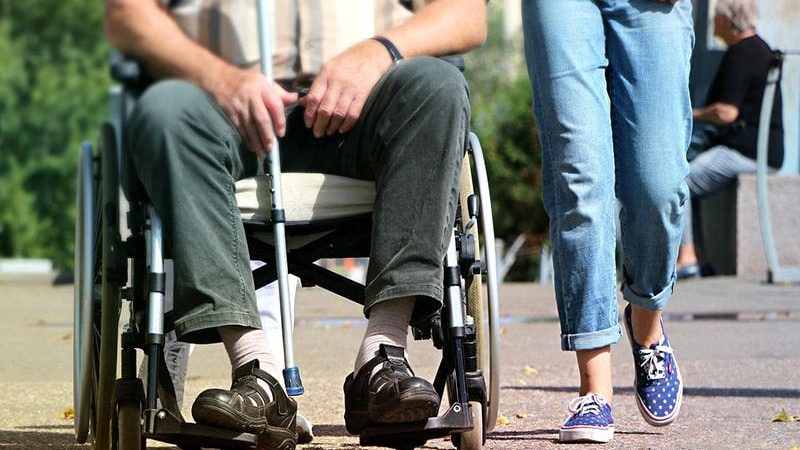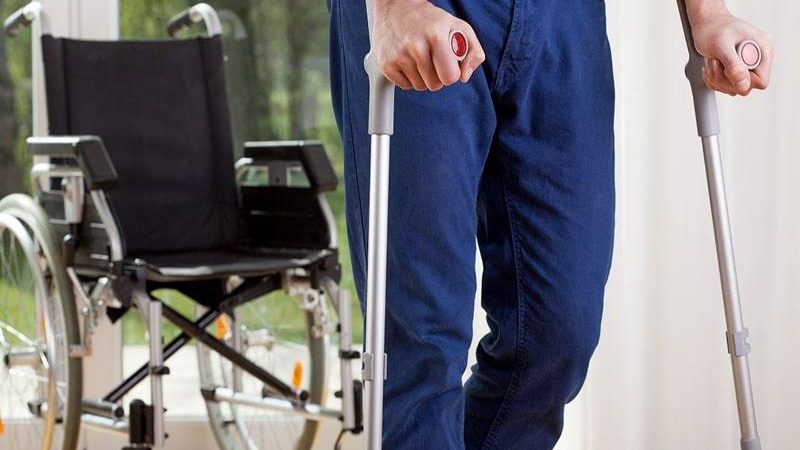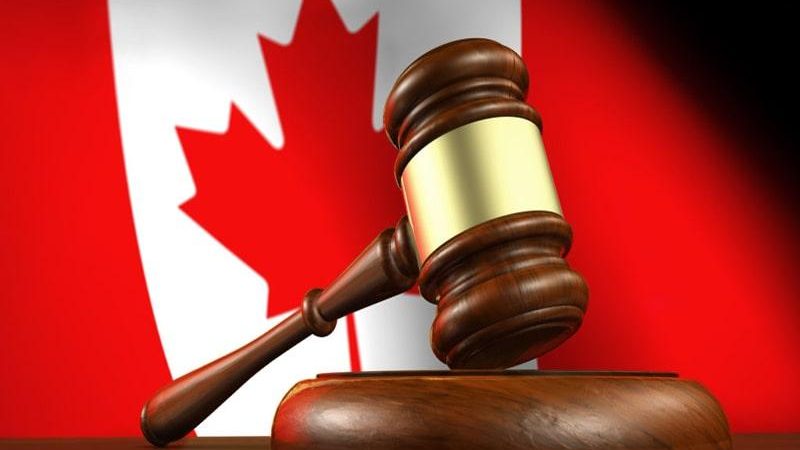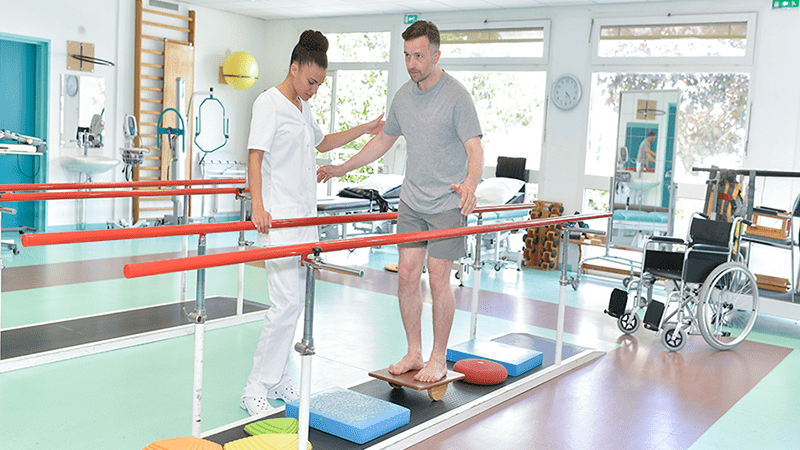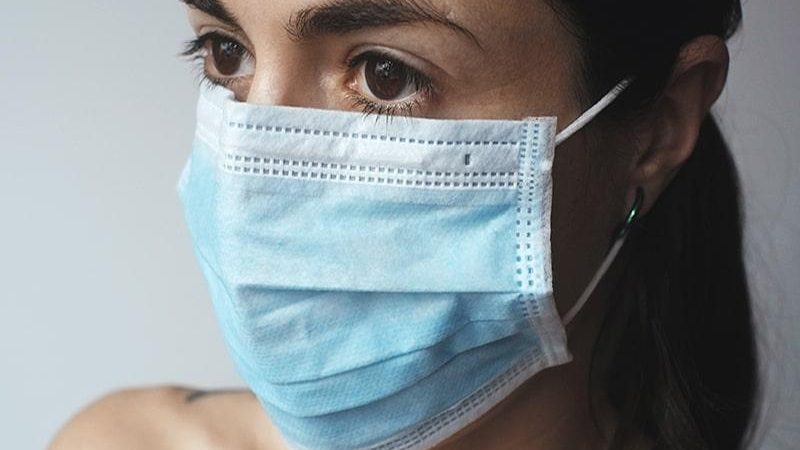I am a Motor Vehicle Accident tort claimant. How can I meet the statutory threshold?
Why it is important for claimants to be accurate in communicating about their injuries The owner or any occupant of a motor vehicle, or anyone present at a MVA, is not liable in an action in Ontario for damages for income loss, nonpecuniary loss and health care expenses unless, as a result of the use or operation of the automobile, the victim died or sustained a permanent serious disfigurement or a permanent serious impairment of an important physical, mental or psychological function.[1] The threshold issue is whether the plaintiff meets one of these exceptions. Analysis of whether an injury is…
Read More

